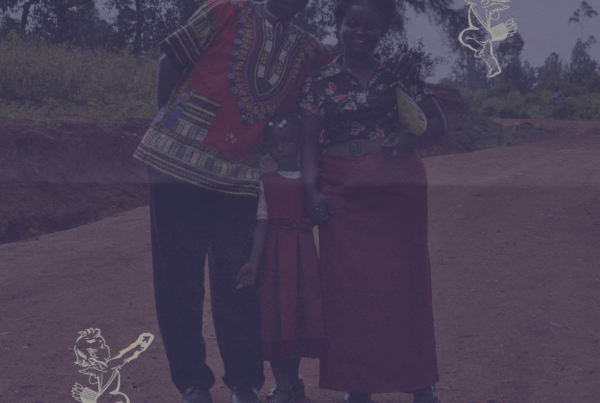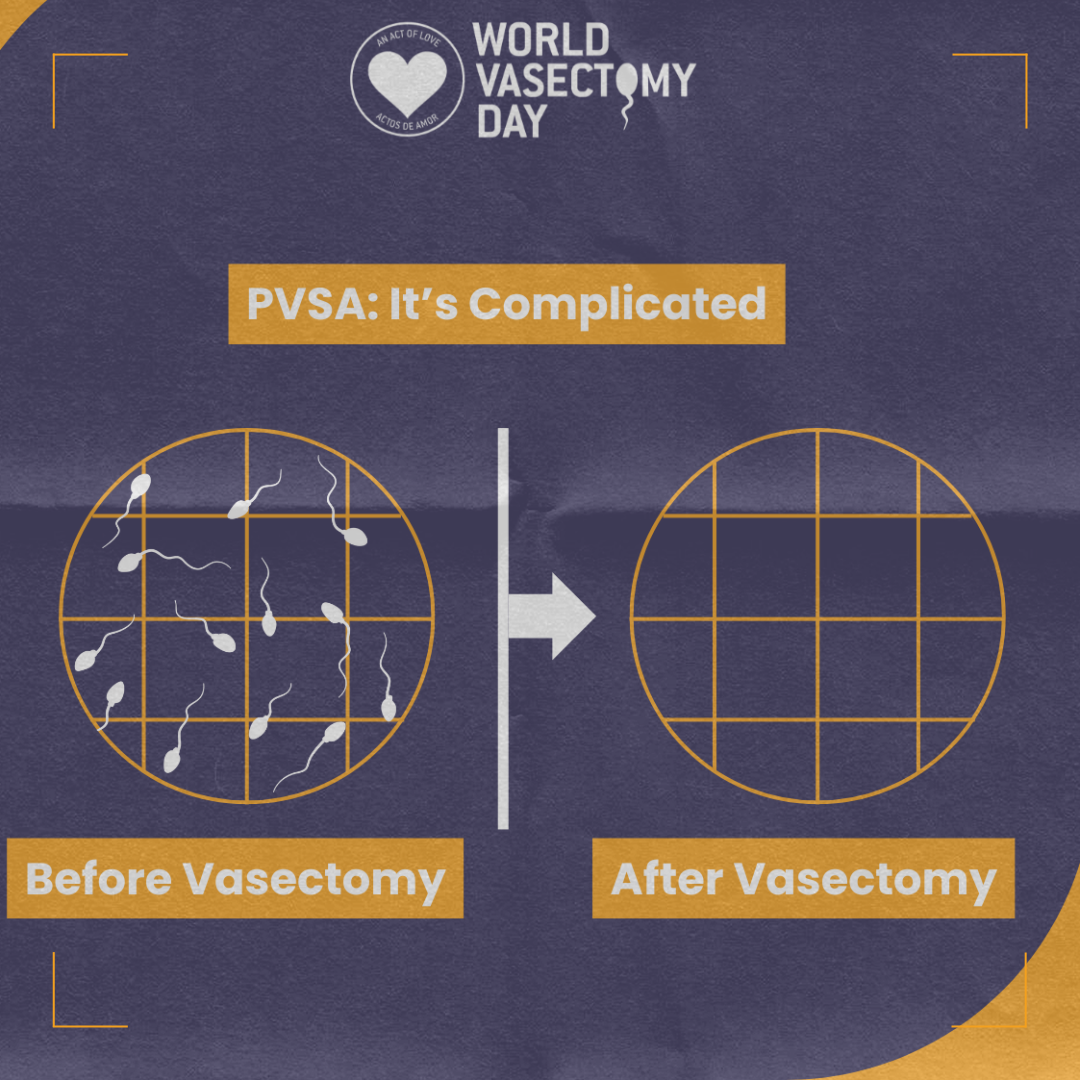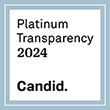WVD in Latin America and The Caribbean
WVD Connect: Changing Realities
The strength of a team driving change across Latin America
In every corner of the region, there are men who long to make informed decisions about their health, couples who wish to build their future on equal footing, and communities that dream of a more just tomorrow.
In this context, WVD Connect was born—to break silences, spark conversations, and transform lives.
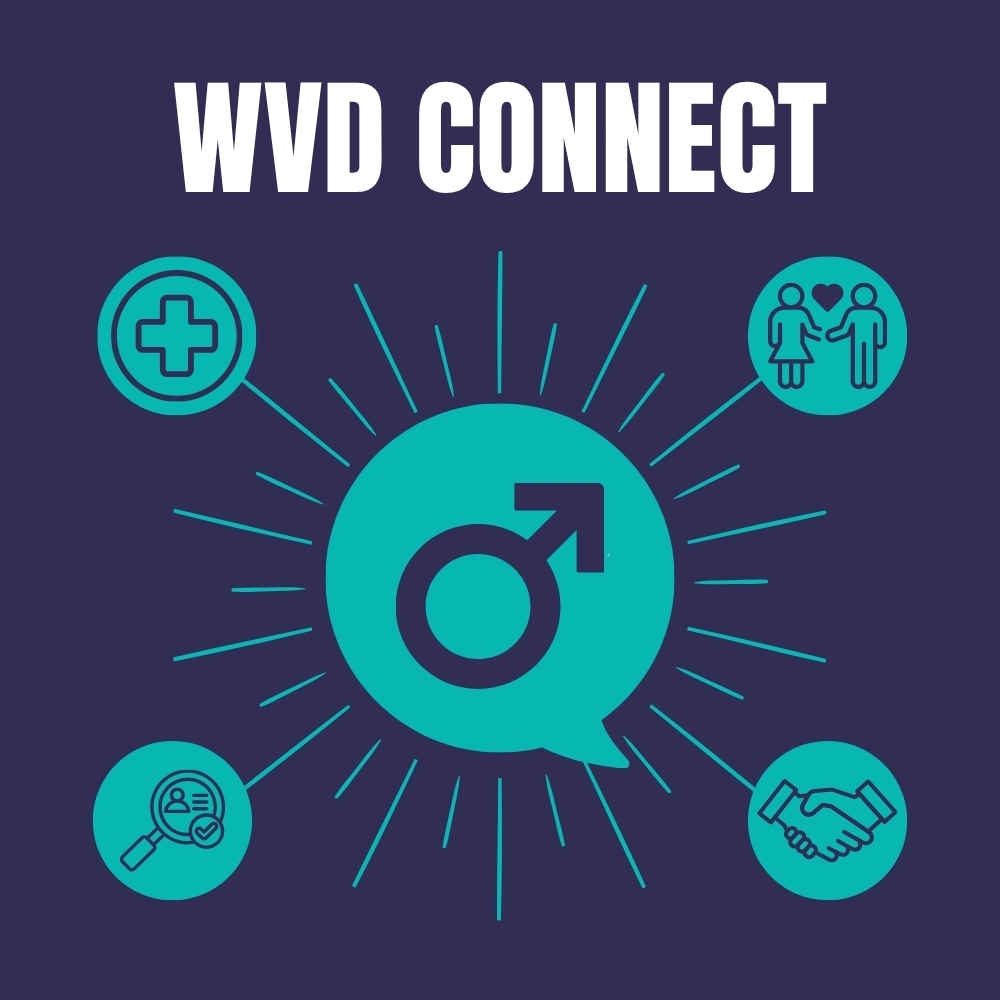
What began as a WhatsApp-based support platform for information on vasectomy and male reproductive health has grown into a tool for inclusion and empowerment, reaching hundreds of men who now choose to embrace fatherhood with responsibility and freedom.
This impact would not be possible without the unwavering commitment of the Latin American team behind WVD Connect.
We are an organization that believes in change, and we want every conversation we attend, every graphic we design, and every message we respond to with warmth and clarity to reflect the work of a team that not only provides information, but also accompanies with empathy those who seek answers and new life possibilities.
Over time, we have built WVD Connect into:
- A reliable, accessible, and friendly platform.
- A space where myths are broken and new masculinities are shaped.
- A tool that facilitates access to quality male reproductive health services.
- A place where every man is heard, and every story matters.
Since its relaunch in September 2024, with the support of FP2030 LAC Hub, more than 780 men have received direct counseling through WVD Connect—benefiting many women and families by taking this step toward shared responsibility in contraception.
Each of them represents a story of courage, decision, and care—toward their partners, their children, and themselves.
The vasectomy campaigns held in El Salvador and Argentina have shown that when information is accompanied by respect and warmth, it generates trust and strengthens social impact.
This journey hasn’t been without its challenges: increasing the platform’s visibility, clarifying its purpose, strengthening partnerships, and boosting digital strategies to reach more men.
But thanks to a talented and highly committed team, these challenges have become daily opportunities for growth and learning.
Our transition to new technology tools, optimization of service response times, and the development of relevant content reflect the adaptability of a team unafraid to reinvent itself to fulfill its mission.
WVD Connect is much more than a digital platform—it is living proof that social change begins with small conversations, with every man who chooses to become informed, and with every decision to take responsibility for contraception in pursuit of a more equitable world.
Upcoming Vasectomy Training in Bahía Blanca
From August 11 to 13, the Dr. José Penna Interzonal Hospital in Bahía Blanca, Buenos Aires Province, will host a new no-scalpel vasectomy training, as part of the commitment of World Vasectomy Day (WVD) and local allies to expand access to male contraception in the region.
The training will be led by Dr. Ana Cepeda and Dr. Gustavo Cavazzutti, experienced trainers dedicated to building local capacity. They will train two new vasectomy providers: Dr. Damián Borelli, a urologist, and Dr. Verónica Herrero, a general practitioner. Both participants will strengthen their knowledge and skills to offer this service at their own health centers, helping build a growing network of trained professionals that ensures men’s access to high-quality reproductive health services.
This training marks an important step in scaling the vasectomy training model across Buenos Aires Province, ensuring that more men can access this service in a safe, informed, respectful, and free way, in a caring and trustworthy environment.
The committed WVD Argentina team, alongside staff from the Buenos Aires Ministry of Health and personnel from Dr. José Penna Hospital, will coordinate the event, managing logistics and supporting men interested in receiving the procedure during the training days.
This will allow for the delivery of high-quality, empathetic, and free vasectomies.
Approximately 70 vasectomies are expected to be performed during this training, creating a positive impact on families and communities in the region—and reaffirming that male contraception is a powerful tool for shared responsibility in family planning.
